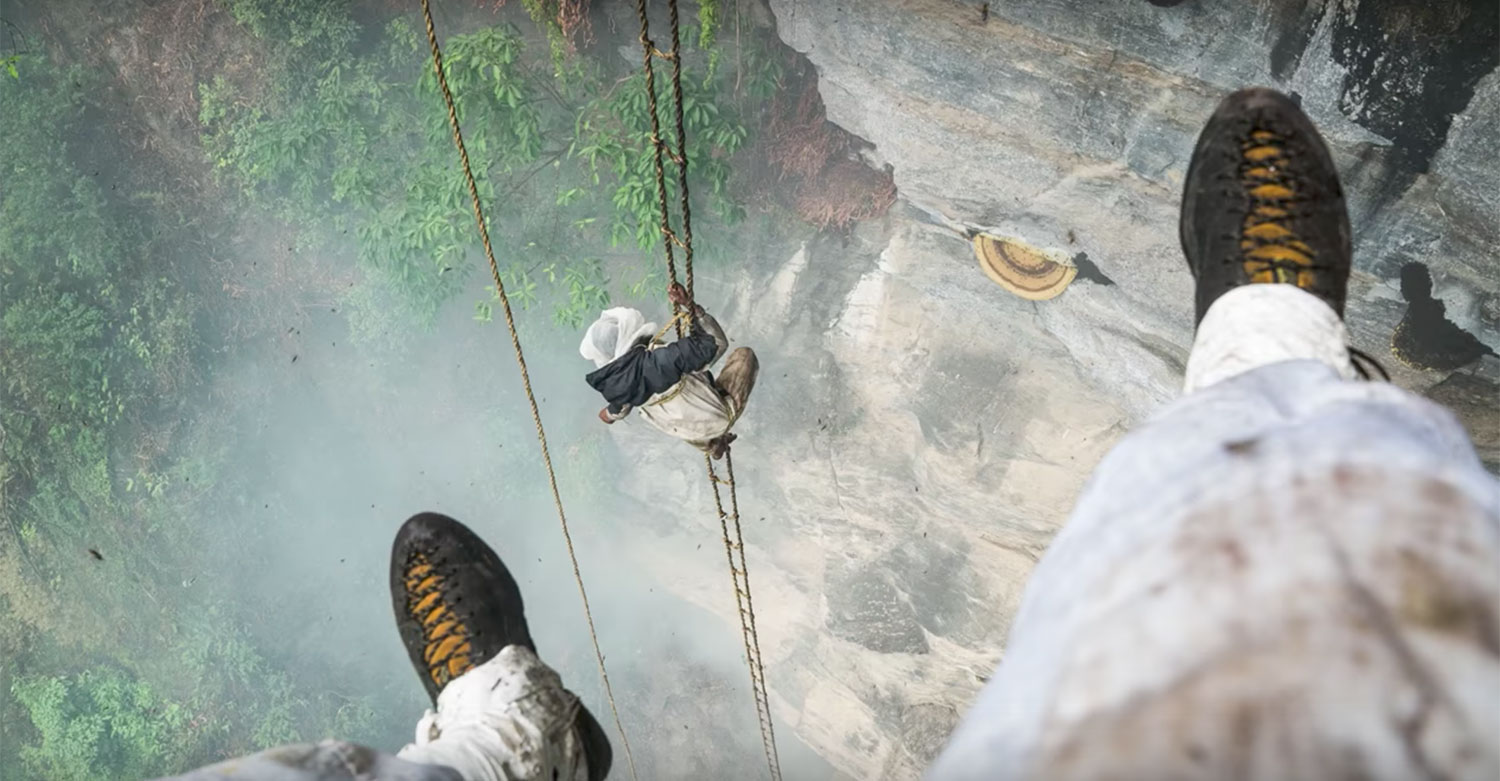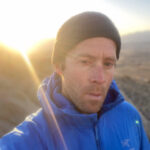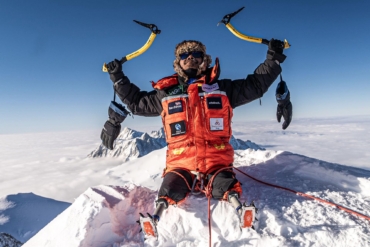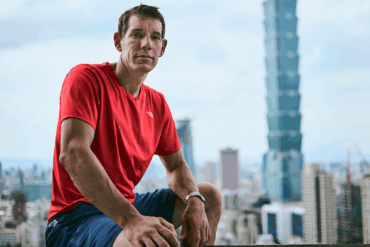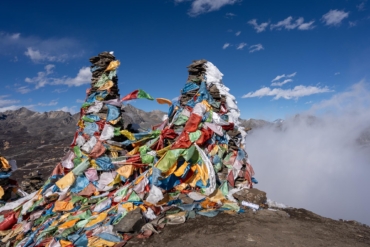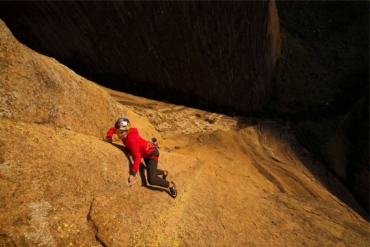In the mid-2000s, Renan Ozturk and I drove from Yosemite Valley to Oakhurst for groceries. I’d been climbing on Washington’s Column while Ozturk had been camping at the top of El Capitan, laying siege to a free attempt on the granite monolith.
After figuring out who had the cheapest carrots, we stopped by the discount grocery store to stock up on dented cans of corn. Before leaving, we circled the store’s shipping zone. We hopped in the Dumpster, searching for extra boxes of spaghetti, day-old tomatoes, or even stale Pop-Tarts to fuel our climbing endeavors.
It’s hard to imagine swimming in rotten food as a path to success, but many accomplished leaders in the outdoor industry started with these humble beginnings. From Oscar-winning Jimmy Chin living in his car in the Camp 4 parking lot to the road-killing-eating Yvon Chouinard founding Patagonia, dirtbags have shown that the trials of living so passionately translate into achievements elsewhere.
While Dumpster diving has a connotation of desperation, it belies attributes that lead to success. Here are a few other examples of dirtbag success stories.
Dirtbag Documentarian: Renan Ozturk

Years later, the ever-resourceful Ozturk parlayed his Dumpster diving expertise into expeditions on Meru in the Himalayas and National Geographic photo and video shoots. It’s hard to imagine swimming in rotten food as indicative of a strong start in the outdoor industry, but the skills learned from these humble beginnings have been shown to translate. The focused pursuit of climbing goals and doing whatever it took to execute the objective prefaced Ozturk’s success in the film industry.
Ozturk’s accolades run deep in the outdoor documentary field. He is associated with the films like Meru, Sherpa, Into the Mind, and The Last Honey Hunter. His work in this field has earned him awards at the Sundance Film Festival and Mountain Film. Ozturk has also landed commercial film work with brands like The North Face, YETI, Sony, and Apple.
Ozturk’s outdoor artistry began with him painting landscape scenes on cotton canvases he carried while on cutting-edge expeditions, sometimes using pigments derived from the earth. This practice earned him National Geographic’s Adventurer of the Year in 2013. And he’s still a professional expedition climber for The North Face.
While the lifestyle has negative connotations, dirtbags show a deep passion for their pursuits, going to whatever lengths to achieve their goals. Beyond Ozturk, other dirtbags like Cedar Wright and Alex Honnold have taken the skills they learned while chasing climbing objectives and applied them to successful careers.
Cedar Wright: When Buying a Smoothie Is a Financial Burden

“You’ve made it when you can buy an Odwalla without checking your bank account,” Cedar Wright told me outside the Yosemite cafeteria.
In the mid-2000s, when he declared this financial marker of success, Wright worked at Yosemite Search and Rescue for 5 years. He established first ascents on the Sentinel, Higher Cathedral Rock, and across the Valley during this time. Climbing while earning pennies helping injured tourists, Wright began documenting his adventures.
His storytelling experience allowed him to create Sufferfest, a documentary about Alex Honnold and him biking across California to climb all the fourteeners. The first Sufferfest turned into a second film with Honnold. Wright worked on a tight budget, and the low overhead spoke to authentic experiences.
His deep knowledge of the dirtbag experience and living the frugal lifestyle allowed him to tell the inspiring stories of other climbers, including Brad Gobright in the films Safety Third and Maureen Beck in Stumped. Wright understood the low-income, low-maintenance ethos of the prolific free soloist Gobright. And Gobright knew Cedar’s deep dirtbag history.
With Beck, who amazingly climbs with one hand, Wright knew the passion and intense drive that pushed her. And Beck could see that in Wright’s history as a climber. The similar experiences between Wright and his subjects allowed for a sense of commonality and open communication, making the documentaries authentic and relatable.
He continued making movies and went from barely being able to buy morning smoothies to putting out a series of successful films.
To continue the dirt bagging tradition, Wright recently established The Fund, a series of grants awarded to support the climbers scraping by. By providing obsessed climbers with a bit of money, Wright hopes to help the dreams of dirtbags.
No Money, No Big Deal: Alex Honnold

The concept of paying it forward has become an integral part of the dirtbag ethos. After founding Patagonia, the self-proclaimed roadkill-eating Yvon Chouinard transferred his ownership to a nonprofit organization designed to combat climate change. A younger dirtbag, Alex Honnold, has also established the Honnold Foundation, which provides solar power and renewable energy to communities worldwide.
Before the development of the foundation and his success in Wright’s Sufferfest, a teenage Honnold had no car or job. To get to the crag, he had to rely on human power. Honnold’s climbing obsession pushed him to ride his bike 16 miles from the Pit Campground in Bishop to Owen’s River Gorge, where he’d free solo up and down easy routes and then ride back to his campground tent.
He repeated this for his entire weeklong trip. Because he lacked the funds for transportation, Honnold had to work harder to climb. Suddenly biking a little farther to reach his climbing objective became a standard affair. The extra legwork prepared him for the Sufferfest film.
It started the extreme amounts of endurance training he needed to later solo El Cap. The groundbreaking solo turned into the Free Solo film, corporate speaking opportunities, abject stardom, and a chance to give back with the Honnold Foundation.
Ozturk, Wright, and Honnold took the lessons they learned chasing climbing dreams. The need for ingenuity and to push forward despite obstacles applied to the rest of their lives. And these aren’t the only dirtbags who “made it big.” While it seems counterintuitive, taking the difficult path, working on a tight budget, and scrounging for food often force dirtbags to make the most of their situation.
This attitude and willingness to do what it takes can translate into success.

